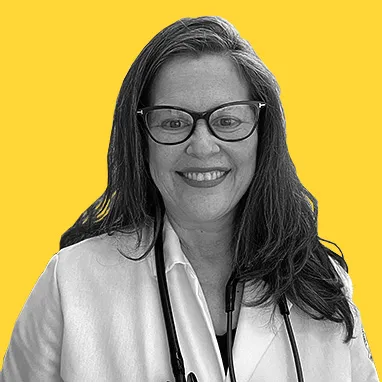It's normal to be nervous when you enter the single world for the first time after you find out that you're HIV-positive. You can still have relationships and a sex life. You just need to be a little more careful.
Dating with the virus is a lot safer than it used to be. New HIV drugs and pre-exposure prophylaxis (PrEP) lessen the chances that you’ll pass HIV to your partner. The trick is to find the right person, and once you do find someone, figure out whether and how to let them know that you're HIV-positive.
Should You Only Date HIV-Positive People?
That's up to you. Dating people who are also HIV-positive takes away some of the fear about revealing your status. You don't have to worry about getting rejected because you tested positive. But it does narrow your dating field.
There are a few issues when you go out with people who don't have HIV. You have to consider whether to tell the person you have HIV, and when to tell. You also need to make sure you have sex safely.
How Do You Find a Partner?
If you don't care about your partner's HIV status, you can look anywhere you normally would. Ask friends to set you up. Meet someone at a singles event, bar, or club. Or use an online dating site or app.
To find someone HIV-positive, you need to visit places where people with HIV go. That could be an HIV support group or conference. Or you can use an HIV dating website that caters to both gay and straight people.
Be safe if you do use one of these sites. Meet your dates in a public place like a café or park. Don't let them pick you up -- drive yourself or use public transportation. Tell a friend or relative where you're going. Don't reveal too much personal information on the first date. And if you feel uncomfortable at any point, leave.
Should You Tell?
It can be hard to disclose your status. There's still a lot of fear and stigma surrounding HIV. You don't know how the person will react. Some people are very supportive when they learn the news. Others could be afraid or angry.
It's your choice whether to tell the person you're seeing that you have HIV. But if you plan to have sex, you could get into legal trouble if you don't tell. Most states have laws that require people who are HIV-positive to reveal their status to their sexual partner or face criminal charges.
When Should You Tell?
You have a couple of options. One is to do it as soon as you start going out. Then you'll know if the other person is OK with your diagnosis before you get too attached.
Or you can wait until you've been on a few dates. You might feel more comfortable once you know the person better, but they could be upset with you for keeping a secret. That could put a strain on your relationship.
You do want to be honest before you have sex. Even if you use protection and you're getting treatment, there is a small risk that you could pass the virus to your partner.
How Should You Tell?
Are you unsure when to have the conversation or what to say? Ask a counselor who works with HIV-positive people, or get advice from someone you know who has HIV. You might also ask the counselor or friend to come with you when you reveal your HIV status.
If you don't know how the person will react, share the news in a public place. Bring lots of information about HIV to share. Knowledge can take some of the fear out of HIV.
How Do You Keep Sex Safe?
HIV passes from one person to another during sex through body fluids like blood, semen, vaginal fluid, and anal mucus. But with the right precautions, you can have sex with almost no risk of passing the virus to your partner.
One way to be safe is to take antiretroviral treatment (ART). ART lowers the amount of HIV in your body, called the viral load. If you take your medicine every day and your viral load is "undetectable," you have so little HIV in your body that you can't pass it to your partner.
Another way to make it less likely that you’ll pass the virus along is for your partner to take PrEP. One pill a day cuts your partner's risk of getting HIV through sex by 99%.
Condoms and dental dams also lessen the chance of exposure. If you do slip up and have unprotected sex, your partner can take post-exposure prophylaxis (PEP) to prevent HIV infection.
Even if your partner has HIV, you should practice safe sex. You can get infected with a HIV with a different resistance pattern. You can also catch another sexually transmitted infection (STI).
Be Prepared
Your partner might handle the news really well, or they could reject you. Rejection is a part of dating, whether or not you have HIV. If the person you're dating can't deal with the fact that you're HIV-positive, they're probably not right for you.
Keep in mind that having HIV doesn't make you any less desirable or valuable as a partner. You still have every right to a positive and healthy relationship. Don't settle for anything less.
